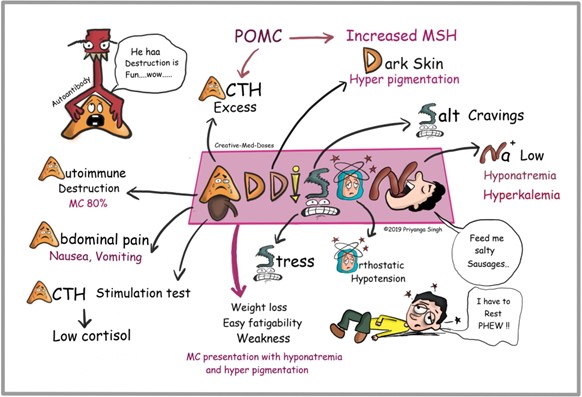Exhibits here
Review H and P.
What factors are important in determining the level of hypoxemia that the child may have experienced during the submersion? Select all that apply.
The amount of time the child was submerged
Temperature of water
Whether or not anyone witnessed the fall into the pool
Oxygen concentration of the ambient air
The weight of the child
Correct Answer : A,C,D
A) Correct- The duration of submersion is a critical factor in determining the potential level of hypoxemia. Prolonged submersion leads to a higher risk of severe hypoxia and its associated complications.
B) Incorrect- While water temperature can affect the body's response to submersion, it is not directly related to the level of hypoxemia. Hypoxemia primarily results from the lack of oxygen intake during submersion.
C) Correct- Witnessing the fall into the pool is important because immediate initiation of cardiopulmonary resuscitation (CPR) can improve the chances of a positive outcome. Bystander CPR can help maintain oxygenation and circulation until professional help arrives.
D) Correct- The oxygen concentration in the surrounding air is crucial for oxygen delivery to the body's tissues. In cases of submersion, the availability of oxygen in the air the child is breathing plays a role in determining the level of hypoxemia.
E) Incorrect- The weight of the child is not a significant factor in determining the level of hypoxemia during submersion. The primary determinants are factors like submersion duration, availability of oxygen, and prompt initiation of CPR.
Nursing Test Bank
Naxlex Comprehensive Predictor Exams
Related Questions
Correct Answer is C
Explanation
The client with Addison's disease is experiencing weakness, confusion, and dehydration, which can be indicative of an adrenal crisis. The low sodium level (129 mEq/L) and low glucose level (54 mg/dl) further support this suspicion. An acute viral infection can trigger an adrenal crisis in individuals with Addison's disease.

Intravenous hydrocortisone, a glucocorticoid, is the treatment of choice for managing an adrenal crisis. It helps to replenish cortisol levels and stabilize the client's condition.
Hydrocortisone helps in restoring the body's stress response and regulating electrolyte and glucose levels.
A broad-spectrum antibiotic may be necessary if there is evidence of a bacterial infection, but it does not directly address the symptoms associated with Addison's disease.
Regular insulin is used for managing high blood glucose levels in conditions such as diabetes, but in this case, the client has low glucose levels, so insulin is not the appropriate intervention.
Potassium chloride is a medication used to treat low potassium levels (hypokalemia), but the client's potassium level is within the reference range (5.3 mEq/L). Therefore, potassium chloride is not indicated in this situation.
Correct Answer is D
Explanation
Choice A rationale: While the healthcare provider manages prescriptions, the nurse's immediate priority is providing education to prevent non-compliance and relapse. Referring the client elsewhere may delay critical reinforcement of treatment goals.
Choice B rationale: Although many side effects eventually diminish, telling the client they will "most likely dissipate" offers no immediate solution to their dissatisfaction and may diminish the client's current physical discomfort.
Choice C rationale: While true that antidepressants require tapering to avoid withdrawal, this does not address the client's misconception that the medication is no longer needed because they feel improved.
Choice D rationale: Patients often mistake the therapeutic effect for a permanent "cure." Explaining that they feel better specifically because the medication is working helps them understand the necessity of continued maintenance therapy.
Whether you are a student looking to ace your exams or a practicing nurse seeking to enhance your expertise , our nursing education contents will empower you with the confidence and competence to make a difference in the lives of patients and become a respected leader in the healthcare field.
Visit Naxlex, invest in your future and unlock endless possibilities with our unparalleled nursing education contents today
Report Wrong Answer on the Current Question
Do you disagree with the answer? If yes, what is your expected answer? Explain.
Kindly be descriptive with the issue you are facing.
